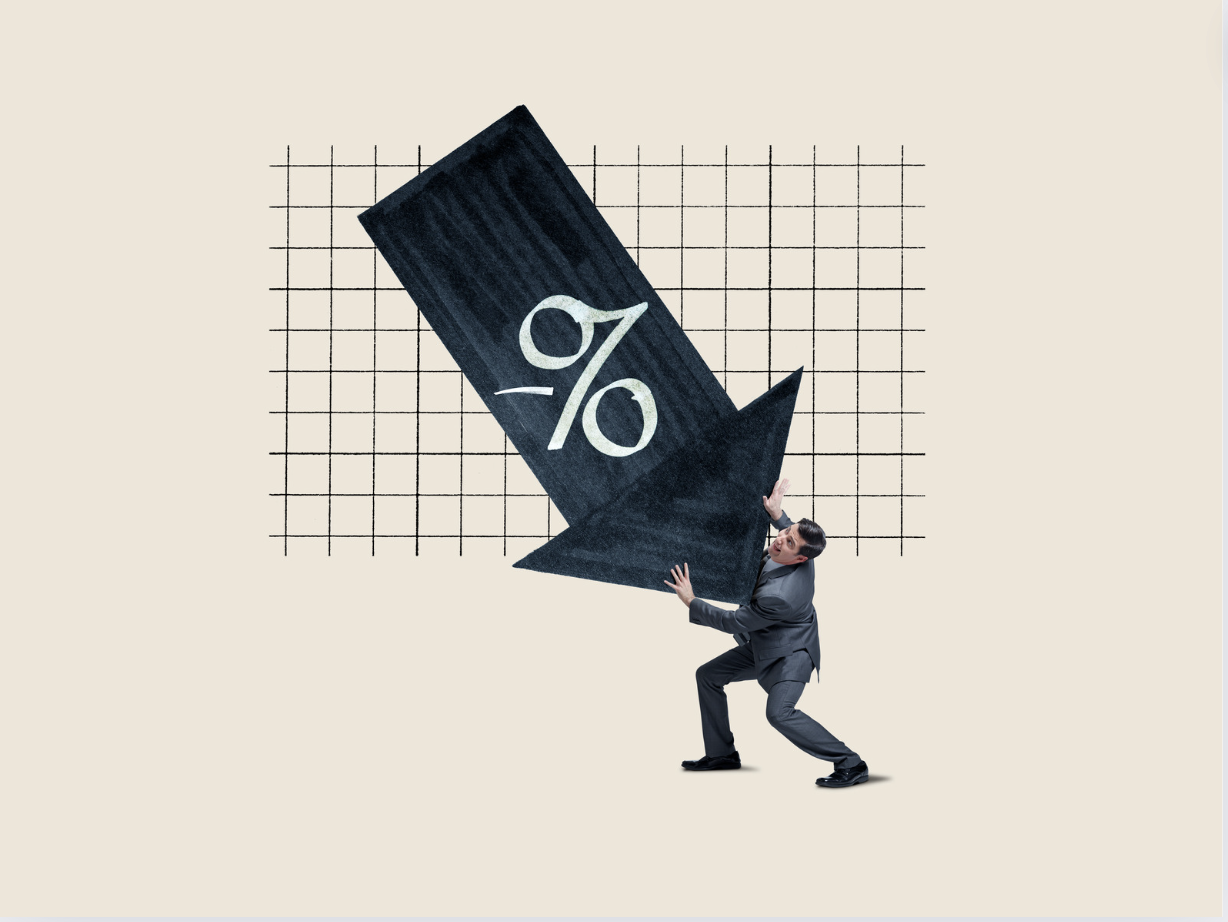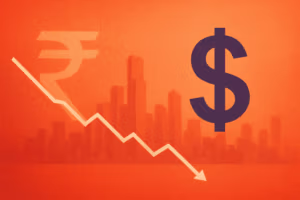As global sovereign debt levels surge, concerns about macroeconomic stability are becoming more pronounced, especially for developing nations. With over 50 developing countries spending more than 10% of their total revenues on debt servicing costs, the situation is dire. In fact, 3.3 billion people now live in countries where more money is spent on debt interest than on critical areas such as education and healthcare, according to UNCTAD.
The Global Debt Crisis: Impacts and Risks
High debt burdens are not just a financial concern—they are already leading to social unrest. For instance, in Kenya, deadly protests erupted when the government tried to raise taxes to manage a debt crisis, with nearly 60% of total government revenues absorbed by interest payments. The risk of defaults is also looming large, with 40% of chief economists surveyed by the World Economic Forum expecting developing nations to face more defaults over the coming year.
Long-Term Consequences for Growth and Stability
The burden of debt is expected to undermine governments’ efforts to boost economic growth and prepare for upcoming structural changes, including the energy transition and demographic shifts. According to the World Economic Forum’s Chief Economists Outlook, both advanced and developing economies are at risk, with economists warning that debt dynamics will leave countries poorly prepared for the next economic downturn.
Proposed Solutions and Global Cooperation
To address the debt crisis, innovative relief mechanisms are being proposed. For example, Spain has called for the introduction of “pause clauses” that would allow developing nations to suspend debt payments during crises. This move follows Grenada’s use of such a clause after a hurricane in 2023, setting a precedent for future debt management strategies.
Insights from Global Economists
Leading economists emphasize the need for global cooperation and targeted strategies to manage debt and ensure long-term sustainability. For developing economies, debt levels have risen sharply over the last decade, diverting resources from essential services like health and education. Wealthier nations must take an active role in addressing the global debt crisis, as the economic challenges of low-income countries could spill over into the broader global economy.
In advanced economies, political polarization and inefficiencies in government spending are major concerns. While debt levels in developed nations are not currently at crisis levels, the lack of political consensus on fiscal sustainability is a growing investor worry.
Charting a Path Forward
The global debt crisis presents complex challenges, but solutions may lie in smarter, more efficient government spending and leveraging technologies like AI to boost productivity. Fiscal strategies should focus on borrowing for productive investments that support long-term growth, particularly in sectors like public services.
By working together, governments, multilateral organizations, and private investors can tackle the rising debt problem and create more sustainable economic conditions worldwide.





